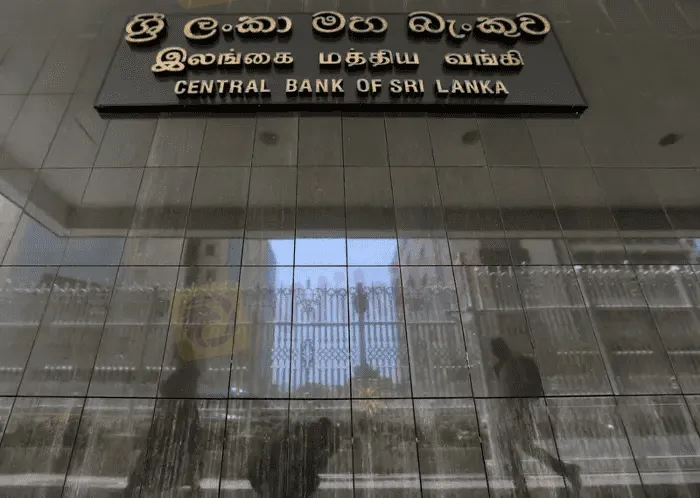Abstract:Sri Lanka’s central bank raised key interest rates to the highest in two decades on Thursday to bring down record inflation, despite the country wilting under a devastating economic crisis.

Sri Lanka raised interest rates to the highest level in two decades on Thursday, saying it had to head off runaway inflation to avoid even deeper pain for an economy that is already in crisis and is shrinking.
The Sri Lankan central bank increased its standing lending facility rate by 100 basis points to 15.50% while the standing deposit facility rate was similarly raised to 14.50%, the highest since August, 2001.
Inflation touched a year-on-year record of 54.6% in June, and central bank Governor P. Nandalal Weerasinghe said it could go as high as 70%, prompting the central bank to raise rates to address the rise in prices.
“We will work to manage inflation as much as possible but other measures such as cash transfers will also be needed to give relief to the poor,” he told reporters.
Interest rate rises, however, would further dampen economic growth in the island nation.
The country is struggling to pay for food, medicine and fuel, with foreign exchange reserves at a record low. The economy contracted by an annual 1.6% in the first quarter and is forecast to have shrunk more in the second.
Sri Lanka is pushing for a possible $3 billion extended financing programme from the International Monetary Fund (IMF) which would help it unlock other bridge financing options to pay for essential imports.
The central bank said in a statement that significant progress had been made in talks with the IMF, while negotiations are underway with bilateral and multilateral partners to secure bridge financing and ease the shortfall in reserves.
“One recommendation in the IMF programme is to support the poor and vulnerable as high inflation will have the most impact on them,” Weerasinghe said.
The central bank expects inflation to touch 70% in the near term and stay higher for another year but a fall in global crude and commodity prices may help bring it down sooner, he added.
The central bank estimates a contraction in growth of 4% to 5% this year, Prime Minister Ranil Wickremesinghe told parliament on Tuesday, although the government targets a smaller contraction of 1% in growth next year.
“There has been a change in stance from the central bank, perhaps following discussions with the IMF,” said Dimantha Mathew, Head of Research at First Capital.
“I dont think they are concerned about growth at all and have shifted focus to easing currency pressure and money printing to stabilise the economy,” he added.
The central bank also said ensuring external sector stability and overall macroeconomic stability would require commitment from all stakeholders and it called for coherent and consistent action, including from the government.
“Faster implementation of the expected fiscal reforms aimed at strengthening government revenue and expenditure rationalisation is needed,” it said, adding that improvements in the financial position of state-owned enterprises were also key.
It said these measures would over time would lead to a decline in government financing needs and help scale down monetary financing at a faster pace.
Sri Lanka is scheduled to present an interim budget to parliament in August, which will include new revenue measures and cut expenditure, Wickremesinghe told parliament last month.
The IMF indicated the need for stronger fiscal measures to put public finances back on track and boost debt sustainability following a ten-day visit to the country late last month.
Sri Lanka hopes to hold a donor conference with the involvement of China, India and Japan after a staff level agreement is reached with the IMF and will present its debt sustainability framework by August.










